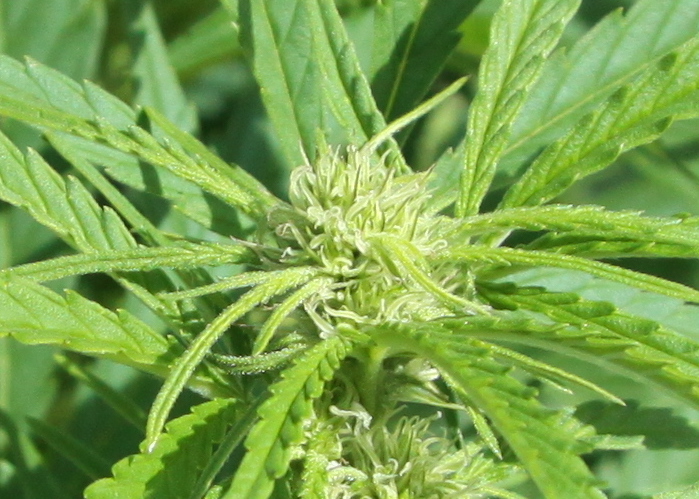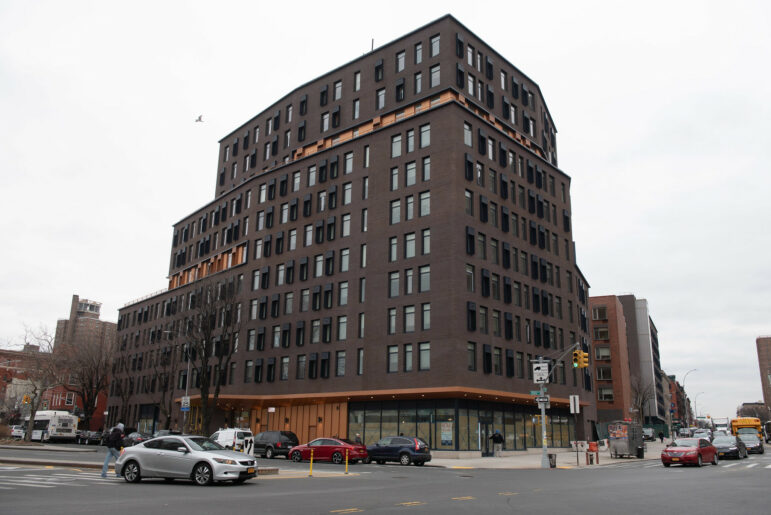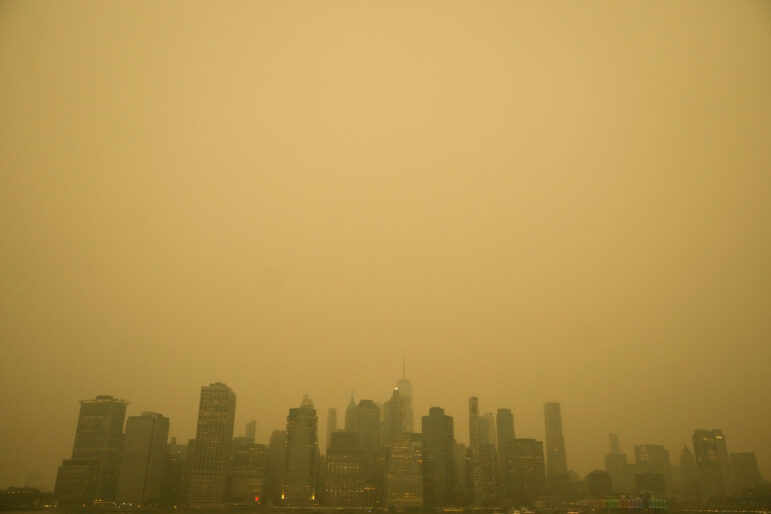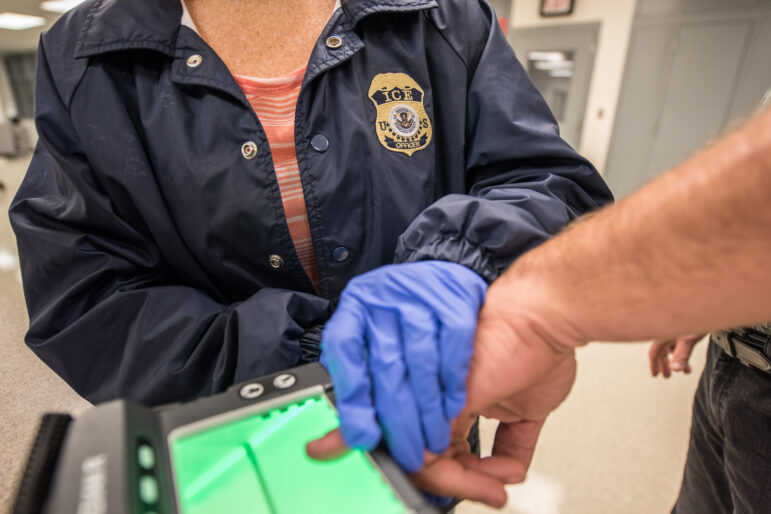‘Removing another reason for law enforcement to subject law-abiding citizens to a search and seizure is an important step to realizing that marijuana justice.’

As New York State works to legalize cannabis, one of the many important issues our elected officials are debating surrounds what law enforcement can do if they smell cannabis. This decision will not only impact all New Yorkers who decide to consume legal cannabis, but also has the potential to harm those working directly in the industry.
On a beautiful October afternoon in 2018, my father, a crew of five workers and I were loading hemp into rental box trucks in front of our hemp farm in Canandaigua. We were bringing the crop to a warehouse in Binghamton where we had set up a round-the-clock operation to perform the final and crucial step of drying the plants. By the time I had arrived at the warehouse, my phone had multiple missed calls from my father, who had stayed behind to load the next truck.
When I called him, I found out that while I was driving back, more than a half dozen New York State Troopers drew their weapons on my 52-year-old father and our workers. Despite the farm being registered as a state-licensed hemp growing location, the troopers had responded to a report of marijuana being loaded onto trucks and came guns blazing. After an hour of explanation to the officers, they left the crew to finish their work after citing one worker with a possession of marijuana charge over a cannabis vape in his backpack. I considered us lucky, I could have received a call informing me that my father had been shot and killed – just as so many families have been told throughout the decades of prohibition.
This was on my mind as I spoke to our incoming harvest crew of 70 workers a year later, some of whom had prior arrests, were on probation, and getting another chance in an exciting new industry. I was worried that after handling sticky and pungent cannabis during the night shift that they would be pulled over, searched, potentially arrested, or worse – just for doing their job. I gave each employee a photo ID badge with our company logo printed on it and told them to call me on my personal cell if they were to get pulled over.
The reality was that when I leave each night, I am in very little danger of being persecuted for smelling like cannabis – but my Black and brown employees are. Data has unequivocally shown that people of color are disproportionately affected by enforcement of the prohibition laws.
This conversation isn’t unique to New York. In Illinois, a state that started selling adult-use cannabis in 2020, cops can still use the smell of cannabis as a reason to search a vehicle. But Virginia, Pennsylvania and our neighbor New Jersey have all passed legislation prohibiting smell as grounds for search.
Cannabis legalization is strongly supported by most New Yorkers, but the traditionally liberal state has been slow to adopt adult-use. The pace is largely due to the desire of many elected officials, like State Senator Liz Krueger and Majority Leader of the New York State Assembly Crystal Peoples-Stokes, to not just legalize cannabis, but to create a strong framework for marijuana justice. This is necessary to not only build a sustainable cannabis economy that can benefit all New Yorkers but to also set a standard for other states to follow.
Removing another reason for law enforcement to subject law-abiding citizens to a search and seizure is an important step to realizing that marijuana justice.
The adult-use cannabis industry is estimated to create over 50,000 jobs statewide, many of which will involve touching or coming close to the plant. These New Yorkers will smell like cannabis and when they drive home after a shift – so will their car. As the legislature debates the final provisions of a comprehensive legalization bill, they must not criminalize smelling like cannabis. Smell is not an indication of impairment and allowing for it to be probable cause to search a vehicle or make an arrest will put our industry workers and law enforcement at greater risk.
Kaelan Castetter is a NY hemp industry vet based in Binghamton, co-founder of the Castetter Cannabis Group, CEO of Empire Standard and board vice chair for the New York Cannabis Growers & Processors Association. Reach him on Twitter @KaelanCastetter or by email at kaelan@castettercannabis.com.









3 thoughts on “Opinion: In NY’s Legalization Plan, Smelling Like Cannabis Shouldn’t Be a Crime”
Great article. Thank you greatly. It would be absurd to violate people’s privacy over something that is legal to own and use. New York is slow to change and law enforcement hold too much influence over the lawmaking process. The next step after this is banning discriminatory drug testing laws as has been done in Nevada. What’s the point in cannabis being legal if you can’t use it while holding a job?
Seattle and others states who legalized Marijuana the revenues sky rocket.
With that money peoples and their communities taxes was lowered.
Wonderful.
Also,Marijuana bill is passed in NYS.
Congrats
Now the Marijuana charges are drop.
Thank you God.
Save our youth and men have an opportunity get jobs.
And to be fair,it does need to be decriminalized.
Friends of Montell C. Moseley
It is legal to use but that does not mean it doesn’t impair the person using it and that is why its use is still regulated. If your at your dentist you have the right to know if the person drilling into you is impaired. Like it or not smelling like your using is one of the only indications that you have used. There is no on the spot test for usage and that is why driving while impaired is an issue that should have been dealt with before legalization.
This myth that just because it’s legal means it’s a free for all is just wrong. You can’t walk down 5th with an open bottle of Jack and if you did people would assume you were intoxicated. Walking through NYC is impossible without a contact high which is wrong. I believe in legalization but I also believe it should not effect the life of others. Working while impaired is not what legalized recreational use was about.